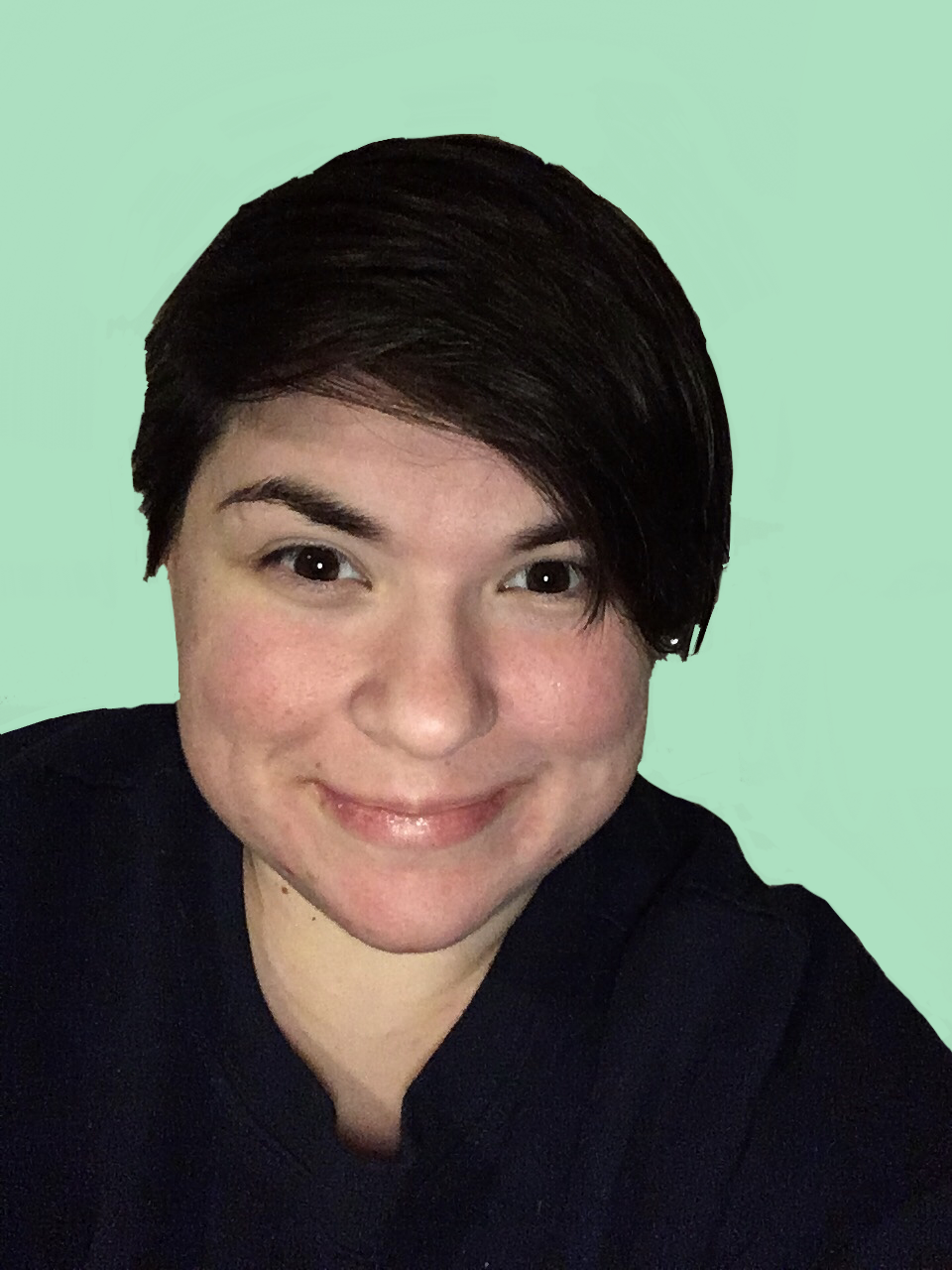Eye doctors for special needs: A complete guide
Updated: August 4, 2023 · 4 Minute Read

Reviewed by:
Jeryn Cambrah
Highlights
- Optometrists, ophthalmologists, orthoptists, and opticians are all different types of eye care professionals.
- Skipping words while reading and holding items close to their face are possible red flags that your child may need an eye exam.
- Symptoms of vision problems are often overlooked or misdiagnosed in children with special needs.
Eye doctors for special needs: Vision problems often go unrecognized
Identifying vision problems in kids with special needs can be extra challenging. Often special needs kids’ vision problems will go unnoticed or misdiagnosed. Here are several reasons why-
- Communication challenges: Children with special needs may have difficulty expressing their visual experiences. They may struggle to communicate their symptoms or not have the language to explain what’s wrong. This can lead to a potential barrier in recognizing vision problems.
- Sensory processing differences: Children with sensory processing disorders may have different sensory responses. They might exhibit unique behaviors or coping mechanisms that may overshadow vision issues. It can be difficult to distinguish between sensory-related behaviors and vision problems. For example, your child might bang their head as a way to cope. The people in your child’s life may try to address the hitting, not realizing it’s connected to vision problems.
- Masking by other developmental challenges: Vision problems can overlap with other developmental challenges. This includes things like attention challenges or motor coordination difficulties. These co-occurring challenges can make it hard to identify vision issues. Avoiding reading at school, for example, may be blamed on your child’s ADHD instead of vision problems.
- Difficulty with traditional eye exams: Special needs children may struggle with eye exams. This can make it harder to get accurate measurements of their visual abilities. Be sure to check out our guide on how to prepare your child for their eye exam. Be sure to check out our guide on how to prepare your child for their eye exam.
- Atypical visual behaviors: Children with special needs may have specific visual behaviors or engage in self-stimulatory activities that involve their vision. This can include things like repetitive eye movements or fixation on particular objects. These behaviors may be misunderstood or overlooked as signs of vision problems.
Different kinds of eye specialists
Before we get started, let’s talk about eye care professionals. Most of us have heard of an optometrist, but did you know there are different kinds of eye specialists?
- Optometrists (OD) are the go-to doctors for anything related to the eyes. They can specialize in developmental, pediatric, or behavioral optometry. Optometrists conduct vision tests and offer routine eye health services. They can prescribe eyeglasses, contact lenses, eye drops, and other necessary medications. Optometrists have four years of medical school training.
- Ophthalmologists (MD) are doctors who specialize in both medical and surgical eye care. They go beyond regular eye health and can treat more serious eye conditions. They may have expertise in areas like retina, glaucoma, and pediatrics. They can prescribe glasses and perform vision tests, like an optometrist. Ophthalmologists are also trained to handle complex cases and perform surgeries when needed. An ophthalmologist needs four years of medical school, followed by a three-year residency. They will often also have one to two years of specialized fellowship training.
- Orthoptist (CO) work with ophthalmologists to develop treatment plans. They can address eye problems related to vision, eye alignment, and eye movements. Orthoptists have an undergraduate degree and two years of orthoptic fellowship training. They must be certified by the American Orthoptic Council (AOC).
- Opticians will fit your child with eyeglasses or contacts. An optician will typically have a high school diploma and undergo specialized training through apprenticeships, vocational programs, or community colleges to learn about the technical aspects of fitting and dispensing eyeglasses and contact lenses. Some opticians may also obtain certification or licensing, which requires passing additional exams to demonstrate their knowledge and expertise.
Signs your child may have vision problems
It can be hard to know if your child is struggling with their vision. According to the Optometrists Network here are some common red flags you should watch out for -
- Omits/skips/repeats small words or lines when reading. If your child skips or repeats words/lines while reading, it could mean a vision problem affecting their ability to track and process text.
- Holds reading material too close. Nearsighted children may hold reading material close to their face.
- Tilts head or closes one eye when reading. A child may tilt their head or close one eye while reading due to an issue with binocular vision or eye alignment.
- Reduced visual attention or avoids reading altogether. Showing a lack of interest in reading could be a sign of discomfort or difficulty in focusing their eyes.
- Avoids near work. Does your child avoid activities that need close-up vision, like reading or writing? This could be a sign that your child is experiencing visual discomfort.
Conclusion
Figuring out if your child may have a vision problem can be tricky. Many of the signs that your child may be struggling with their vision may be hard to recognize. If you have concerns about your child’s eye health it is important to discuss those concerns with your child’s pediatrician and an optometrist.
Be sure to check out our guide on how to choose the right optometrist for your child. And don’t forget to use the Beaming Health Directory to locate an optometrist near you!
Get our best articles delivered to your inbox each month.
We respect your privacy.
Article References
- Lazarus, R. Vision and Special Needs. Optometrists Network. March 29, 2020. https://www.optometrists.org/childrens-vision/vision-therapy-for-special-needs/vision-and-special-needs/
- Statistics on the Connections Between Vision and Learning. The Vision Therapy Center, Inc. https://www.thevisiontherapycenter.com/discovering-vision-therapy/bid/69067/statistics-on-the-connections-between-vision-and-learning













